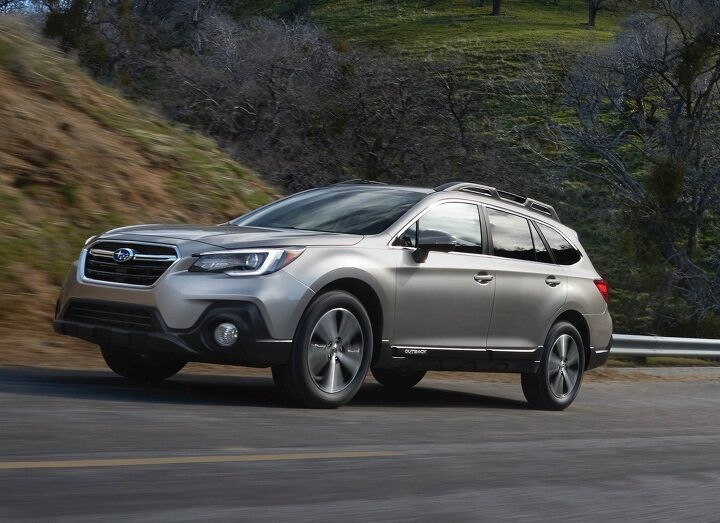#AutoRecalls
Consumer Reports: What Are Uber, Lyft Are Doing About Recalls?
As ride-hailing services utilize the personal vehicles of contractors, rather than a commercial fleet of their own, repairs and recalls have to be handled by individual drivers. While it shouldn’t be a revelation that some recalls fall through the cracks, Consumer Reports is concerned that the ratio of unaddressed safety issues are unbecoming of companies pushing multibillion-dollar IPOs.
“Uber and Lyft are letting down their customers and jeopardizing their trust,” suggested William Wallace, products policy manager for Consumer Reports. “Uber’s website says people can ‘ride with confidence,’ while Lyft promises ‘peace of mind,’ yet both companies fail to ensure that rideshare cars are free from safety defects that could put passengers at risk.”
Running on Empty? Subaru Recalls 229,000 Legacy, Outback Models Over Gauge Issue
Subaru is recalling nearly 229,000 late-model vehicles over an issue that could result in vehicles unexpectedly stalling. While this is a very different issue from October’s recall notice, which dealt with roughly 400,000 vehicles globally, both could leave you stranded on the side of the road.
The new recall involves software gremlins inside the 2018 Outback and Legacy. According to the NHTSA’s report, the low-fuel warning light may not issue a warning at the appropriate fuel level. Likewise, the anticipated range may overestimate the number of miles you have left before needing to refuel. This could elevate the risk of a crash in certain situations, but the most likely outcome is the vehicle sputtering before you’ve had the chance to gas up.
Vehicle Recalls Are Down in the U.S., but Not Everyone's Celebrating
Automotive recalls in the United States dropped to the lowest level since 2013 last year. In 2017, domestic recalls fell to 30.7 million — far less than 2016’s record high of 53 million. That’s good news, right?
Probably. The National Highway Traffic Safety Administration demands manufacturers be Johnny-on-the-spot with fixes ever since General Motors’ ignition switch scandal back in 2014. That means it’s either gotten incredibly lax in its duties under Donald Trump’s watch or automakers simply had a better year. While the NHTSA suffered important staff shortages for literally all of 2017 and has seen the current administration pressing for less regulation overall, the recall decline could also be attributed to the Takata airbag inflator situation finally winding down.
However, it’s no secret that the Obama administration wanted to see the safety administration exercising its regulatory muscle. In 2016, automakers issued a record 924 recall campaigns. That number fell to 813 last year. The NHTSA has also neglected to impose new vehicle safety fines since Trump took office and been operating without permanent leadership for more than 13 months.


















Recent Comments